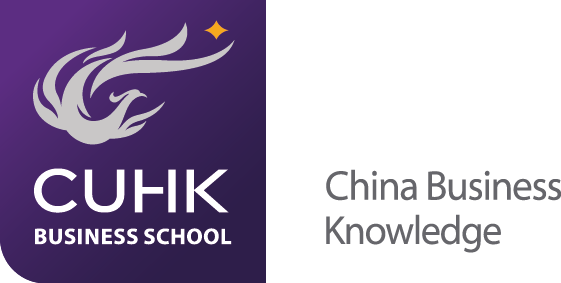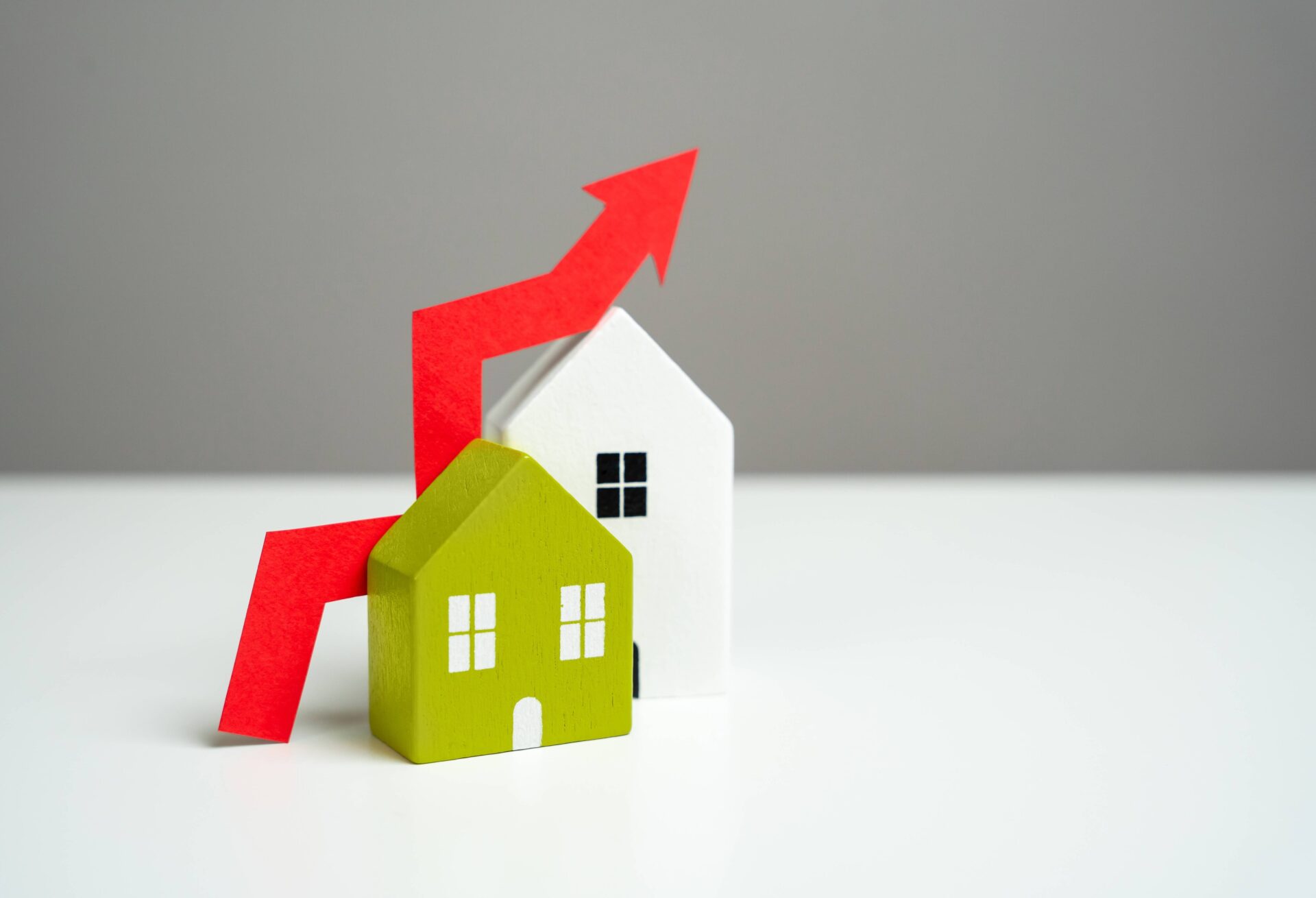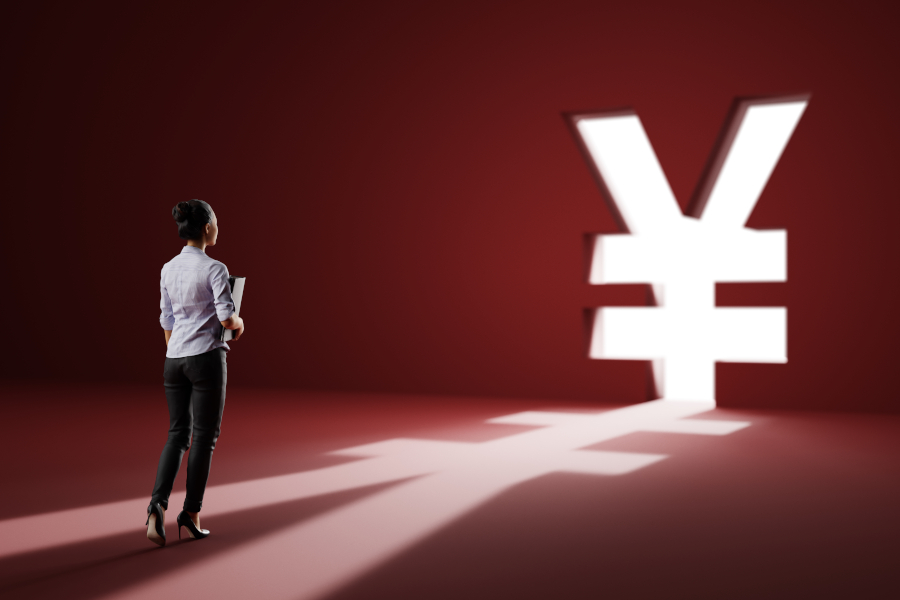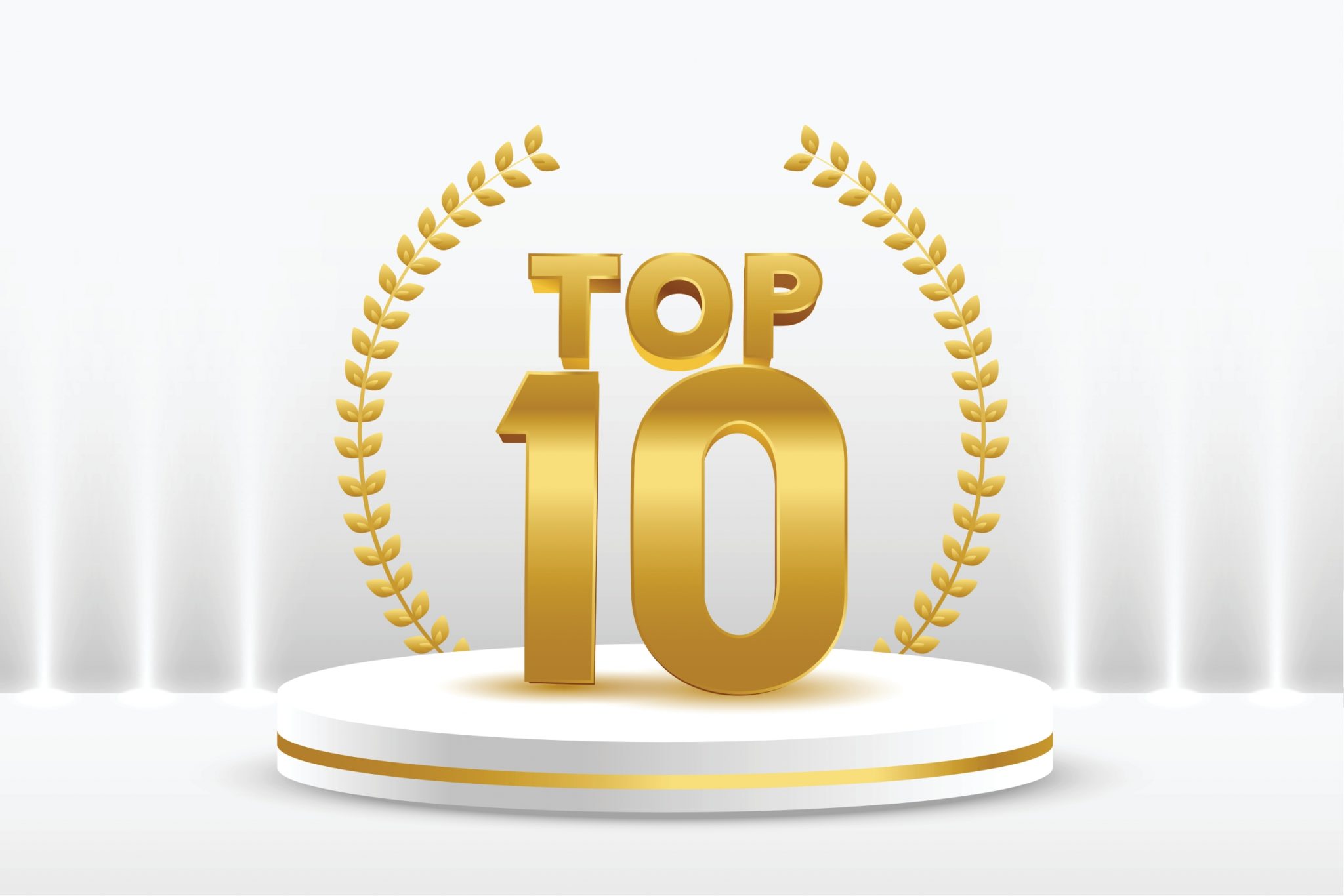More in Economics & Finance ...
COVID-19: Which Companies Are More Immune?
• 6 mins read
CUHK research finds, amid pandemic uncertainty, markets penalised some companies less than others
COVID-19 has turned the business world upside down. That being said, some businesses are doing better than others. For example, the average U.S. manufacturing firm saw stock prices fall by 29% over the first quarter with a standard deviation of 24%. But who are these companies and what makes them more immune to the economic contagion which has spread in the wake of the virus’ path around the world?
That is the question that a group of researchers, including Wensi Xie, Assistant Professor at the Department of Finance at The Chinese University of Hong Kong Business School, have sought to examine in a study entitled Corporate Immunity to the COVID-19 Pandemic.
After examining weekly stock returns for over 6,000 firms across almost 60 economies during the first quarter of 2020, the study found (perhaps not surprisingly) that the share prices of companies with stronger financial conditions before the virus struck this year – in the form of higher cash balances, lower debt levels and healthier profits – were less affected by COVID-19. This better immunity to the virus also applied to businesses that were less exposed to the crippling economic effects of the coronavirus from paralysed global supply chains and lower foreign customer demand.
“Firms with more cash, less debt, and larger profits experienced better stock price performance than otherwise similar firms.”
Prof. Wensi Xie
The more interesting finding of the study, which was also authored by Prof. Ross Levine of the University of California, Berkeley, and Prof. Chen Lin and Wenzhi Ding at the University of Hong Kong, was that this outperformance extended to the stocks of companies that engaged in more corporate social responsibility (CSR) activities, those whose corporate executives were less entrenched in their roles, and those with a higher level of ownership that were non-financial corporations.
The findings come as unemployment continues to rise with established businesses declaring bankruptcy left and right. Many of those that are still surviving are expected to report (or have already announced) steep losses for the quarter. Much uncertainty hangs in the air for the subsequent quarters.
Deeper Pockets
Among its main findings, the study shows that a firm with one standard deviation lower in its pre-2020 cash-to-asset ratio would experience an almost 6 percent (of the average weekly stock return) additional drop in its share price. Likewise, a firm with one standard deviation higher leverage pre-2020 saw its share prices fall by 10 percent more than average.
“Firms with more cash, less debt, and larger profits experienced better stock price performance than otherwise similar firms,” says Prof. Xie.
Amid the disruption in global supply chains caused by the coronavirus outbreak, with shutdowns causing delays in the production of goods and lowering customer demand, the study found companies with suppliers and customers in countries more affected by COVID-19 experienced larger stock price declines.
A one standard deviation increase in a firm’s exposure to COVID-19-hit suppliers and customers led to stock price declines of 5 percent and 11 percent, respectively, the study shows.
The research also differentiated companies by their CSR performance before 2020. A company with a high CSR score (in the 75th percentile) was estimated to have seen their stock returns fall by 2 percentage points less than a company with a low CSR score (25th percentile).
Prof. Xie says past research has found that CSR activities; such as creating safe and health workplaces, engaging in ethical business practices and providing enduring and reliable services to customers; build trust and loyalty with stakeholders. This in turn boosts their willingness to support a company’s operations, especially in a difficult economic climate.
Next, the study found that in responding to the COVID-19 pandemic, markets penalised companies with more entrenched executives. Looking at firm-level differences in the adoption of anti-takeover provisions, which give the existing leadership ways to fend off threats to their control of the firm from hostile bids, the study found a statistically significant negative interaction with COVID-19 stock movements.
“In assessing how companies respond to the pandemic, markets valued flexibility, and that included mergers and acquisitions, leadership changes, and governance structures that limit tunnelling,” says Prof. Xie. Tunnelling refers to practices whereby major shareholders or company management directs the firm’s assets or future business for personal gain, which is more likely to happen during periods of great uncertainty and tumult.
Comparing a company scoring in the 25th percentile in terms of its use of anti-takeover provisions against another company in the 75th percentile, the study found that the market reacted 24% more for company with more anti-takeover provisions. However, it found no evidence that the stock price reactions to COVID-19 vary systematically with a company’s board structure or executive compensation.
Hedge Fund Ownership Takes a Beating
Finally, the study found that the stock prices of companies fell by a smaller magnitude on average when they were owned by blockholders (that hold no less than 5% of a firm’s shares) that were non-financial corporations. It found that companies with a one-standard-deviation increase in corporate ownership saw their share prices fall by 1.5 percentage points less over two months.
One explanation, according to the research, is that markets price in the beneficial nature when companies are owned by corporate shareholders with a long-term strategic interest, rather than financial shareholders who are focused on turning a quick profit.
“If a firm has a large, strategic corporate investor as a major block shareholder, then the market might expect this blockholder to provide support for this firm during the crisis, dampening the impact of COVID-19 on the firm,” says Prof. Xie.
This was the opposite case when a big chunk of a firm was owned by hedge funds, with a one-standard-deviation increase in hedge fund ownership leading to an additional 1.2 percentage point decline over two months.
Prof. Xie says prices of stocks with heavy hedge fund ownership fell much more in response to COVID-19. This was coherent with the view that the quantitative trading strategies employed by hedge funds, and their reliance on leverage, can contribute to sharp price movements in response to adverse shocks.
On top of analyses of firm characteristics, the study also looked at how markets reacted in different countries. It found that the stock prices of companies in rich countries performed better than those of their poorer counterparts, reflecting the ability of wealthier economies to better marshal the resources needed to fight the pandemic.
Reflecting greater risks faced by older people against the coronavirus, stock prices in countries with bigger proportion of people over the age of 65 fell more sharply than those in countries with younger populations. Consistent with the notion that markets viewed economies with more powerful states as better able to respond to the pandemic, countries with civil and socialist legal traditions experienced smaller stock price declines than those with a common law tradition.








